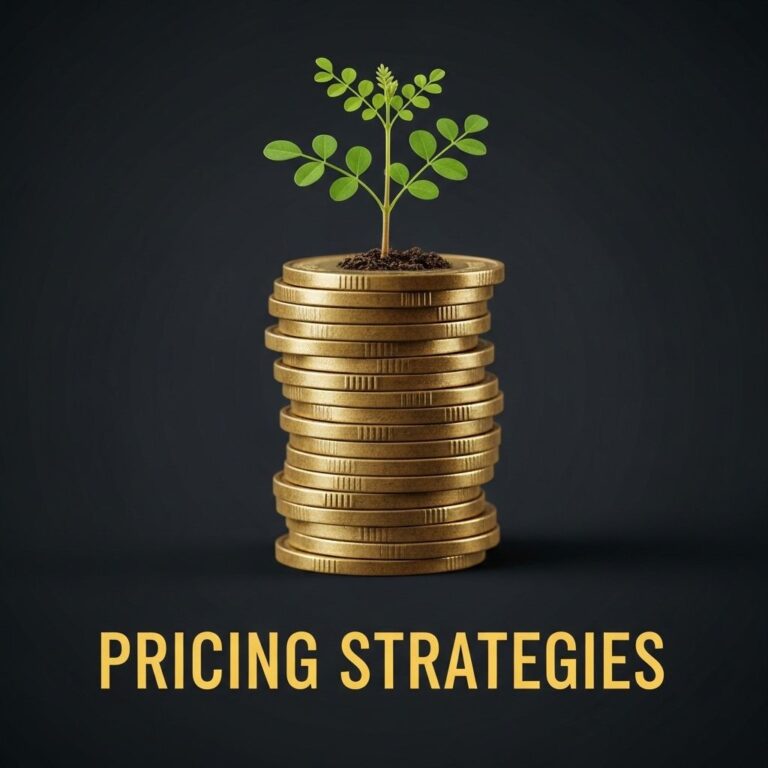Table of Contents
Transform Your Online Store with Shopify Custom Theme Design in 2025
In the ever-evolving world of e-commerce, having a unique and appealing online store is crucial for success. As we step into 2025, Shopify remains one of the leading platforms for entrepreneurs and businesses looking to establish their online presence. One of the most significant aspects of making your Shopify store stand out is through custom theme design. This article will explore the benefits, elements, and best practices for creating a custom Shopify theme that reflects your brand and enhances user experience.
Why Custom Theme Design Matters
In 2025, consumers are more discerning than ever. A generic template may not suffice to grab their attention. Here are some reasons why investing in a custom theme is essential:
- Brand Identity: A custom theme allows you to incorporate your brand’s colors, typography, and overall aesthetics, making your store instantly recognizable.
- User Experience: Custom designs can be tailored to improve navigation and overall user experience, leading to higher conversion rates.
- SEO Optimization: Tailored themes can be optimized for SEO, helping your store rank higher in search engines.
- Competitive Edge: In a saturated market, a unique design can differentiate your store from competitors.
Key Elements of Custom Shopify Theme Design
When designing a custom theme, several essential elements contribute to the overall success of your online store:
1. Responsive Design
With over 50% of online shopping done via mobile devices, a responsive design is critical. Your theme should provide an optimal viewing experience across various devices, from smartphones to desktop computers.
2. Fast Loading Speed
Page load speed significantly impacts user experience and SEO rankings. Ensure your custom theme is optimized to load quickly, reducing bounce rates and keeping visitors engaged.
3. Intuitive Navigation
Easy navigation is crucial for helping customers find what they need. Use clear categories, filters, and a search function to enhance the browsing experience.
4. High-Quality Visuals
Use high-resolution images and videos to showcase your products effectively. Custom galleries, sliders, and image zoom features can enhance the visual appeal.
5. Call-to-Action Buttons
Strategically placed and visually appealing call-to-action (CTA) buttons can guide users towards desired actions, such as making a purchase or signing up for a newsletter.
6. Custom Fonts and Typography
Typography plays a significant role in branding and readability. Choose fonts that align with your brand image while ensuring they are legible.
7. Integration with Apps
Shopify offers a wealth of applications to enhance functionality. A custom theme should seamlessly integrate with these apps for inventory management, email marketing, and customer service.
Best Practices for Creating Your Custom Theme
Designing a custom Shopify theme can be an exciting yet challenging task. Here are some best practices to ensure a smooth process:
1. Research and Inspiration
Before diving in, gather inspiration from existing Shopify stores and design platforms like Behance or Dribbble. Understand current design trends in e-commerce, such as minimalism or dark mode.
2. Define Your Brand Style Guide
Creating a brand style guide will help you maintain consistency throughout your theme. Include color palettes, typography choices, logo usage, and imagery style.
3. Wireframe Your Design
Sketching out a wireframe can help visualize the layout of your website. This includes the placement of menus, product listings, and content areas.
4. Prioritize User Experience
Always keep the user in mind. Conduct usability testing to gather feedback on navigation, design, and overall functionality.
5. Test Responsiveness
Make sure to test your theme on various devices and screen sizes. Tools like Google’s Mobile-Friendly Test can help you identify potential issues.
6. Optimize for SEO
Use clean code and optimize images to improve load times. Include meta tags, alt text for images, and ensure URL structures are SEO-friendly.
7. Launch and Monitor
Once your custom theme is live, monitor user engagement and analytics. Use this data to make informed adjustments and improvements.
Tools and Resources for Custom Theme Development
Creating a custom theme for Shopify can be simplified using various tools and resources:
| Tool/Resource | Description |
|---|---|
| Shopify Theme Kit | A cross-platform tool that allows developers to build Shopify themes from the command line. |
| Adobe XD | A design tool used for wireframing and creating mockups of your online store. |
| Figma | An online interface design tool that allows real-time collaboration. |
| Liquid | Shopify’s templating language used to create dynamic content. |
| Google Analytics | A powerful tool to monitor website traffic and user behavior. |
| PageSpeed Insights | A tool to analyze and improve the loading speed of your website. |
Conclusion
As e-commerce continues to flourish in 2025, a custom Shopify theme is no longer just a luxury—it’s a necessity. By focusing on brand identity, user experience, and adherence to best practices, you can create a store that not only attracts visitors but also converts them into loyal customers. Embrace the opportunity to stand out in a crowded market by investing in a custom theme that truly represents your business. The transformation of your online store starts with a well-thought-out design that places your customers at the forefront.
FAQ
What is Shopify custom theme design?
Shopify custom theme design involves creating a unique and tailored theme for your online store on the Shopify platform, allowing you to enhance your brand identity and improve user experience.
Why should I invest in a custom theme for my Shopify store?
Investing in a custom theme for your Shopify store can help distinguish your brand from competitors, improve site performance, and provide a better shopping experience for your customers.
Can I modify an existing Shopify theme instead of creating a custom one?
Yes, you can modify an existing Shopify theme, but a fully custom theme allows for greater flexibility and personalization to meet your specific business needs.
What are the key benefits of Shopify custom theme design?
Key benefits include improved branding, personalized user experience, enhanced functionality, better SEO optimization, and increased conversion rates.
How long does it take to design a custom Shopify theme?
The time required to design a custom Shopify theme varies based on complexity and features, but it typically takes several weeks to a few months.
Do I need coding skills to implement a custom theme on Shopify?
While coding skills can be beneficial, you can hire a professional Shopify developer to create and implement a custom theme for your store without needing to code yourself.









